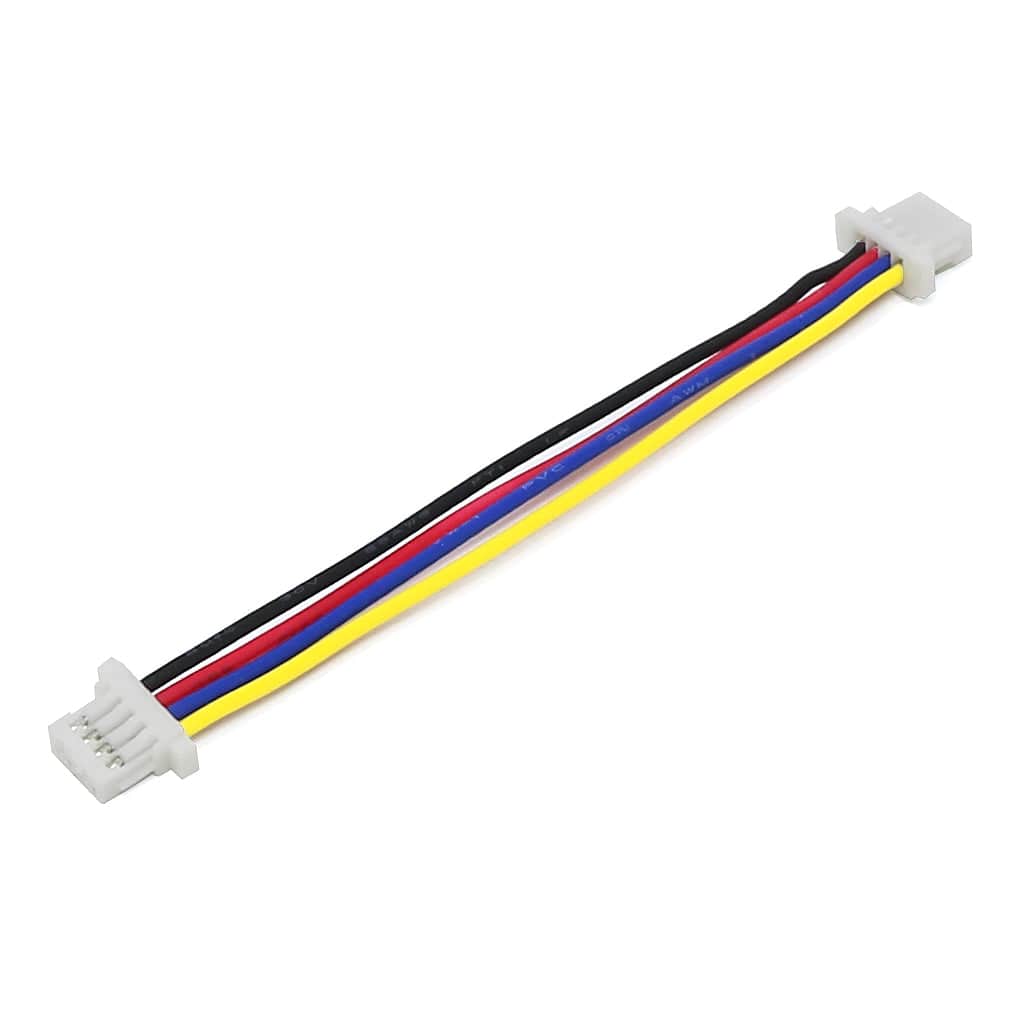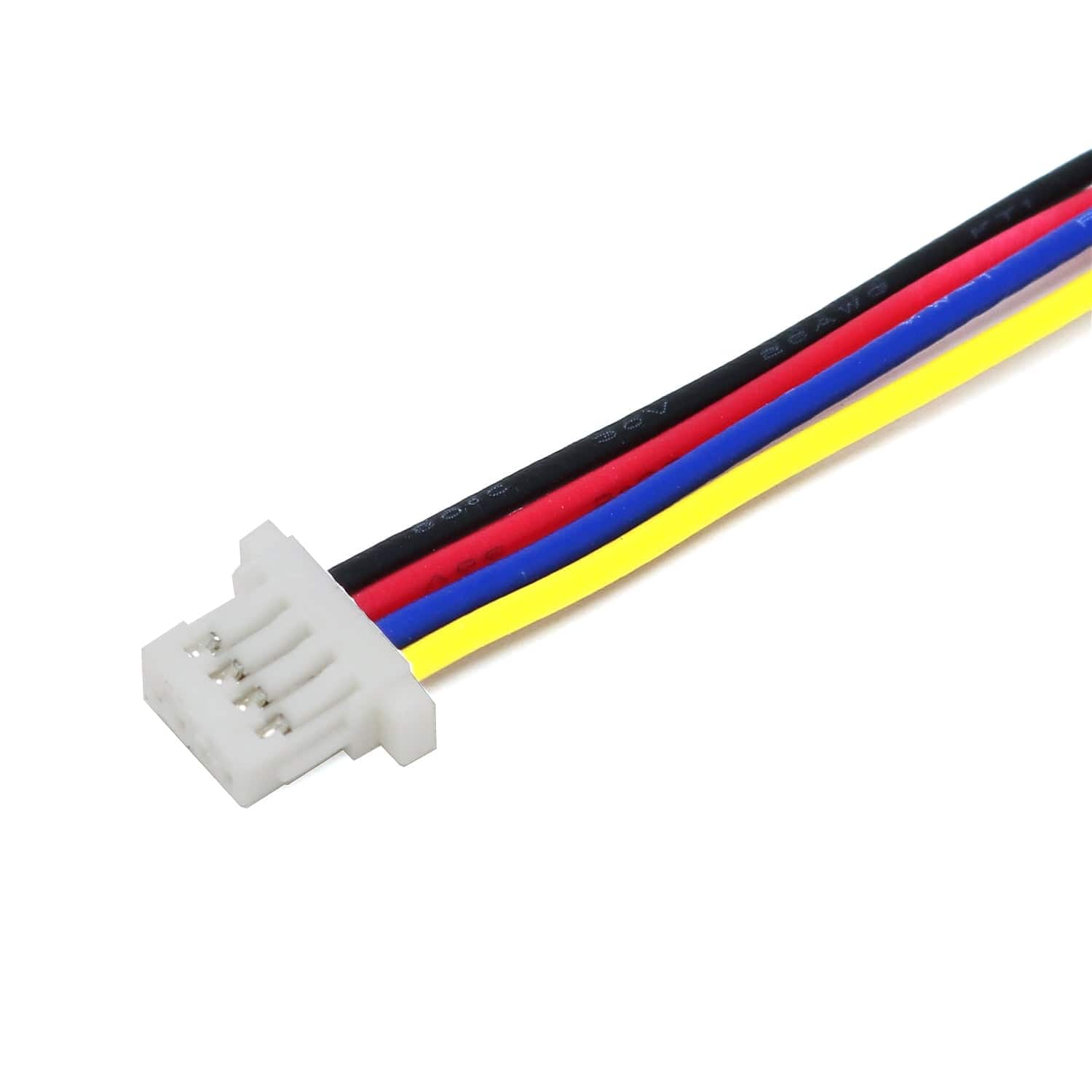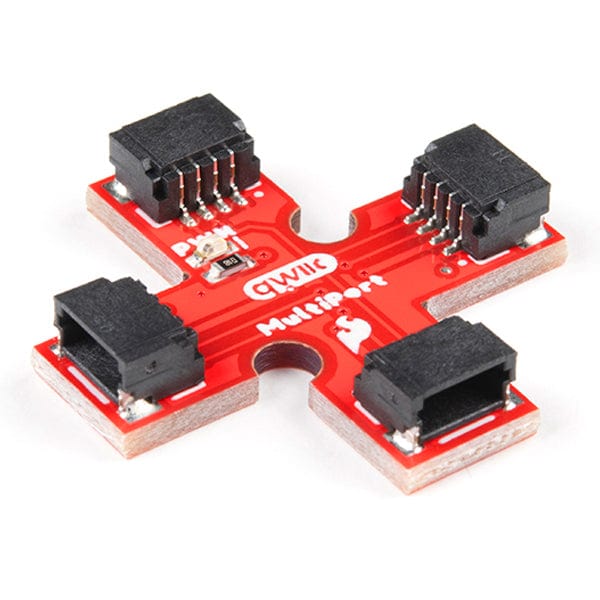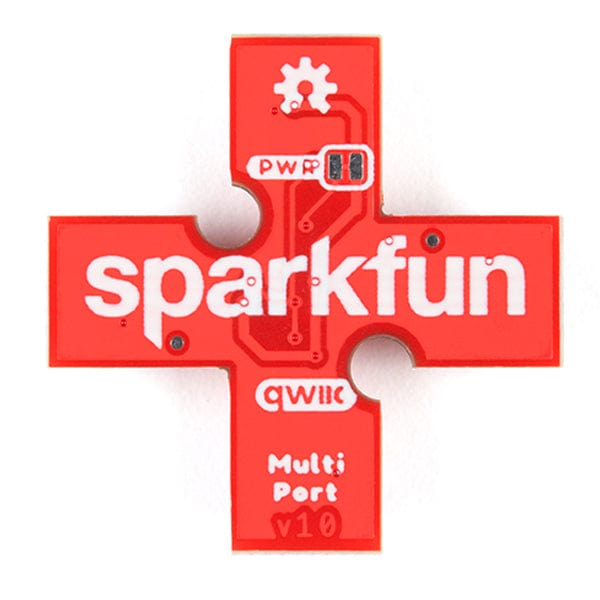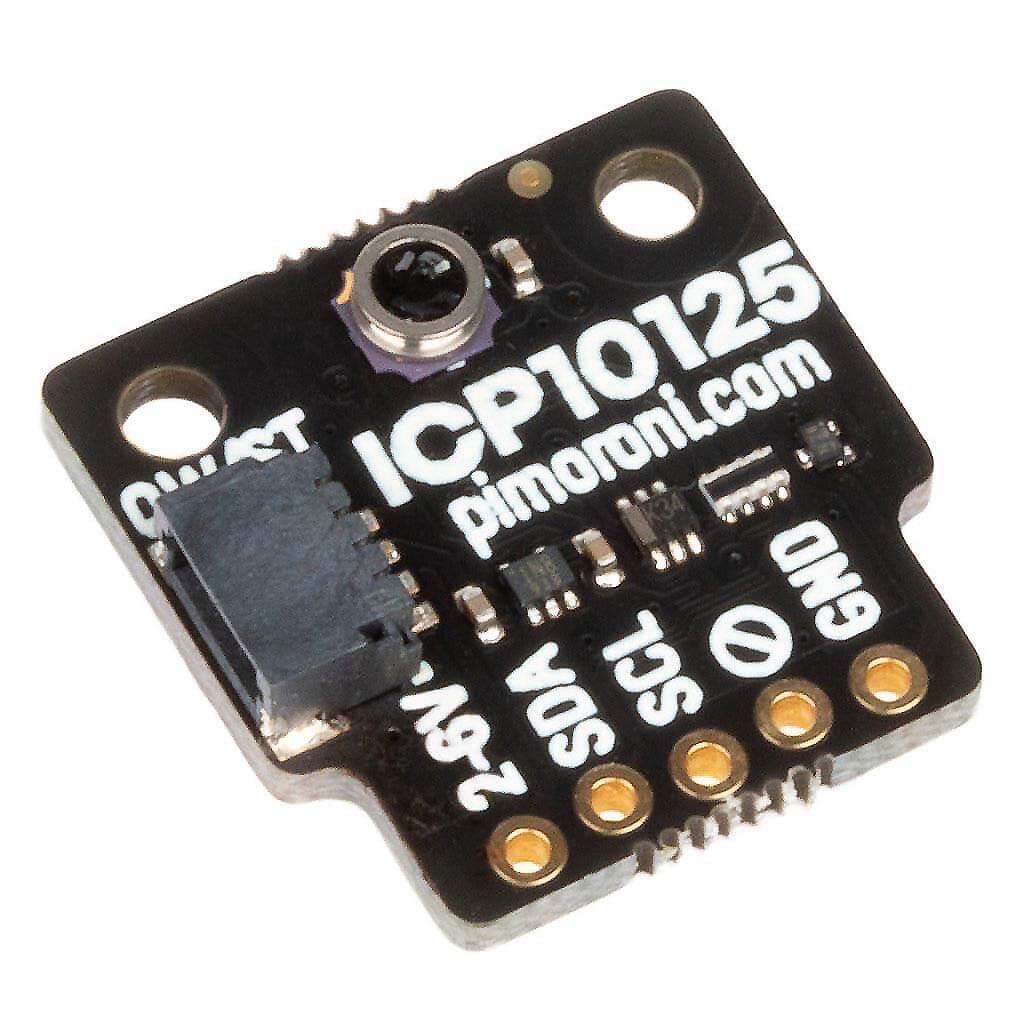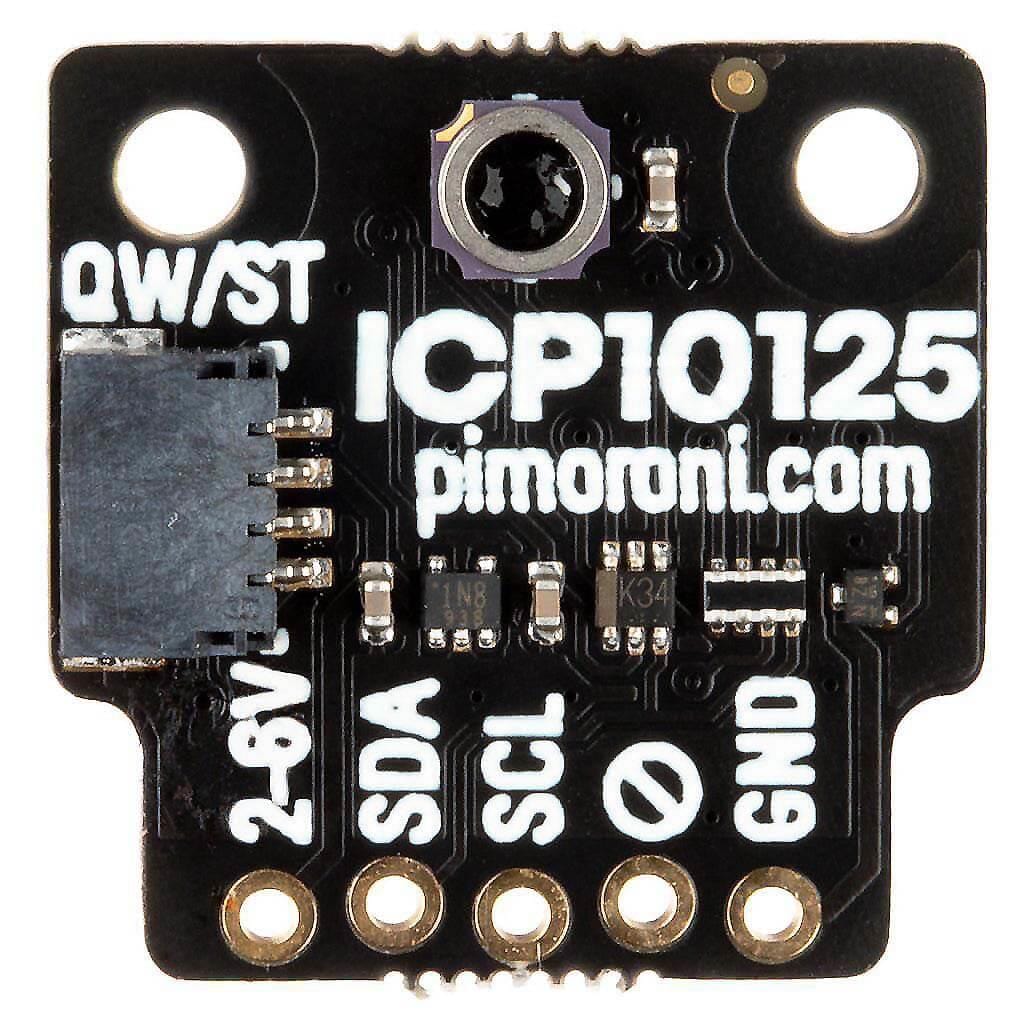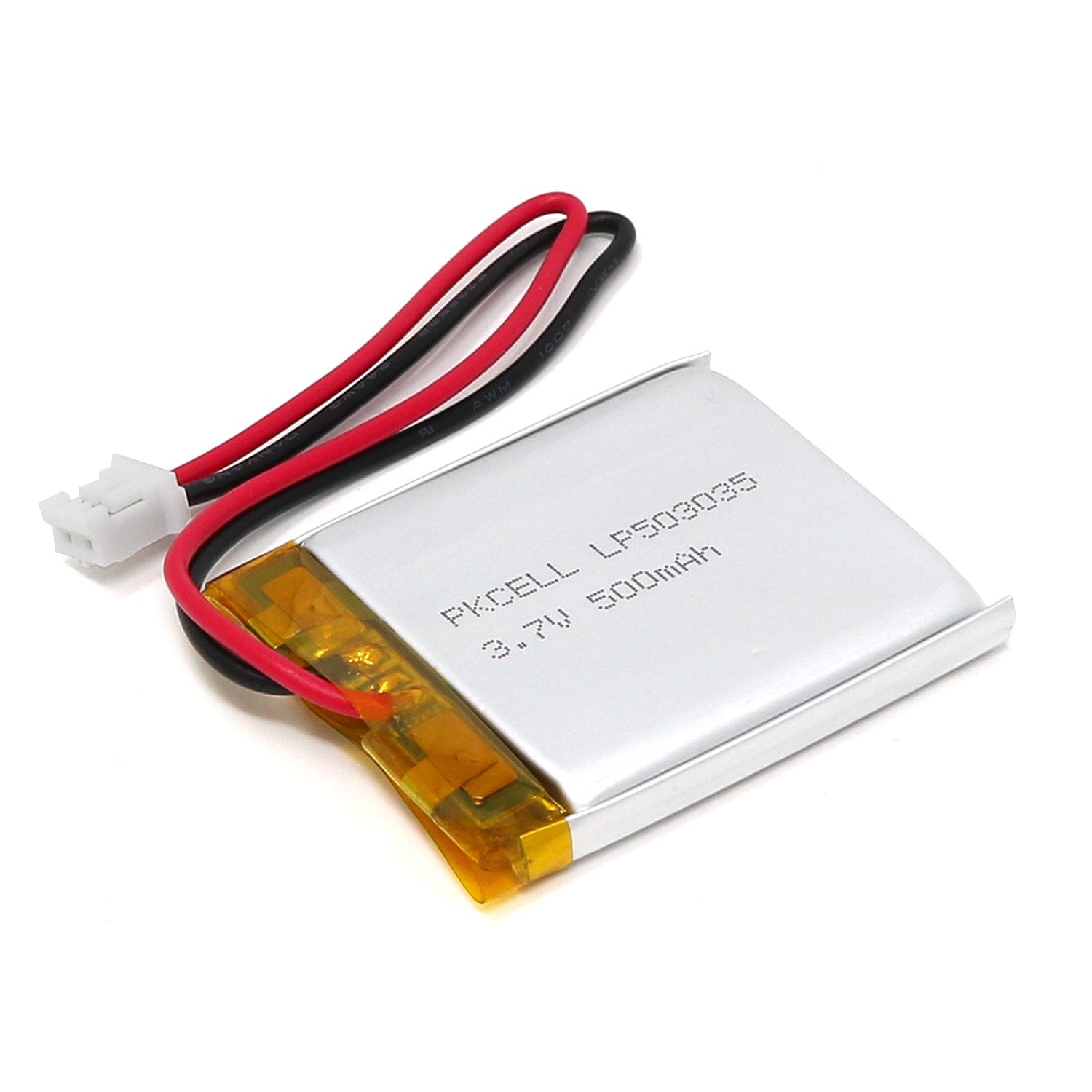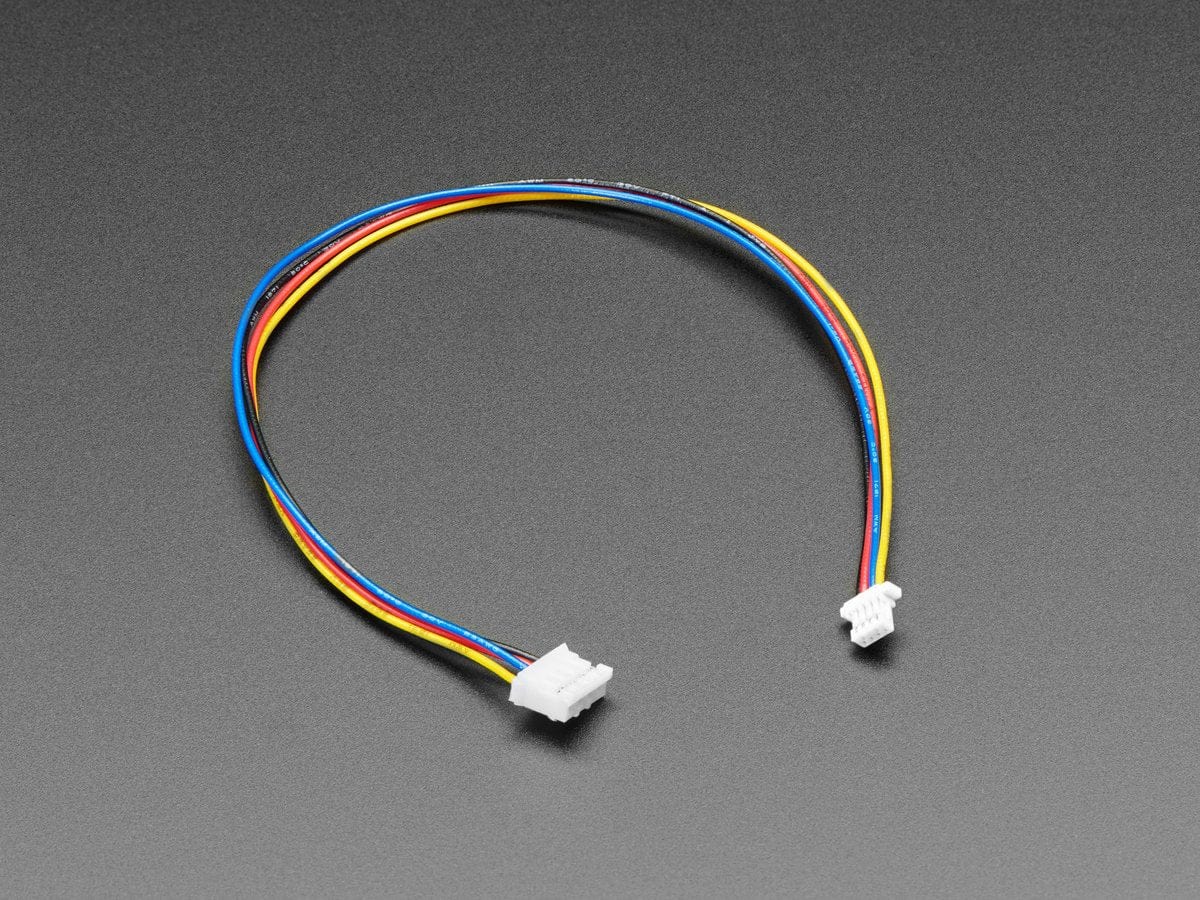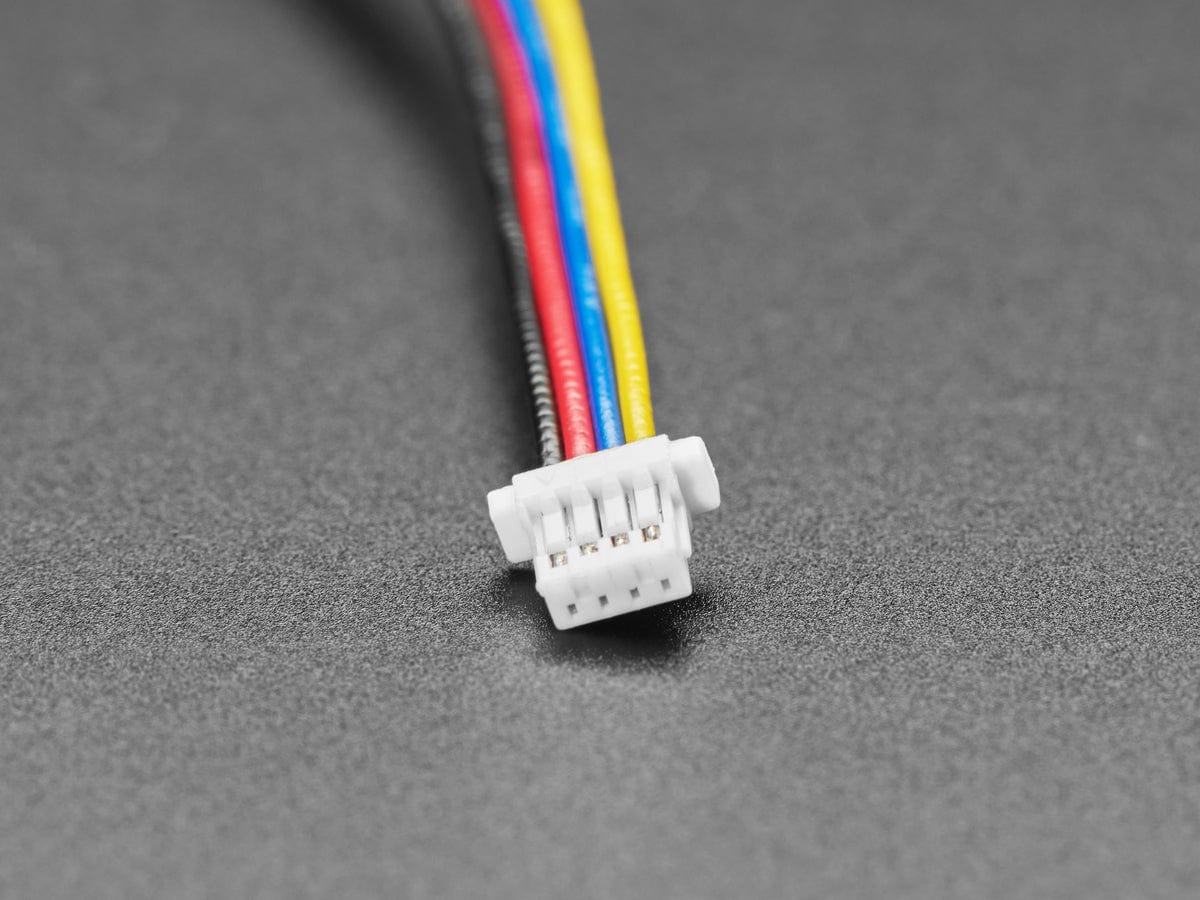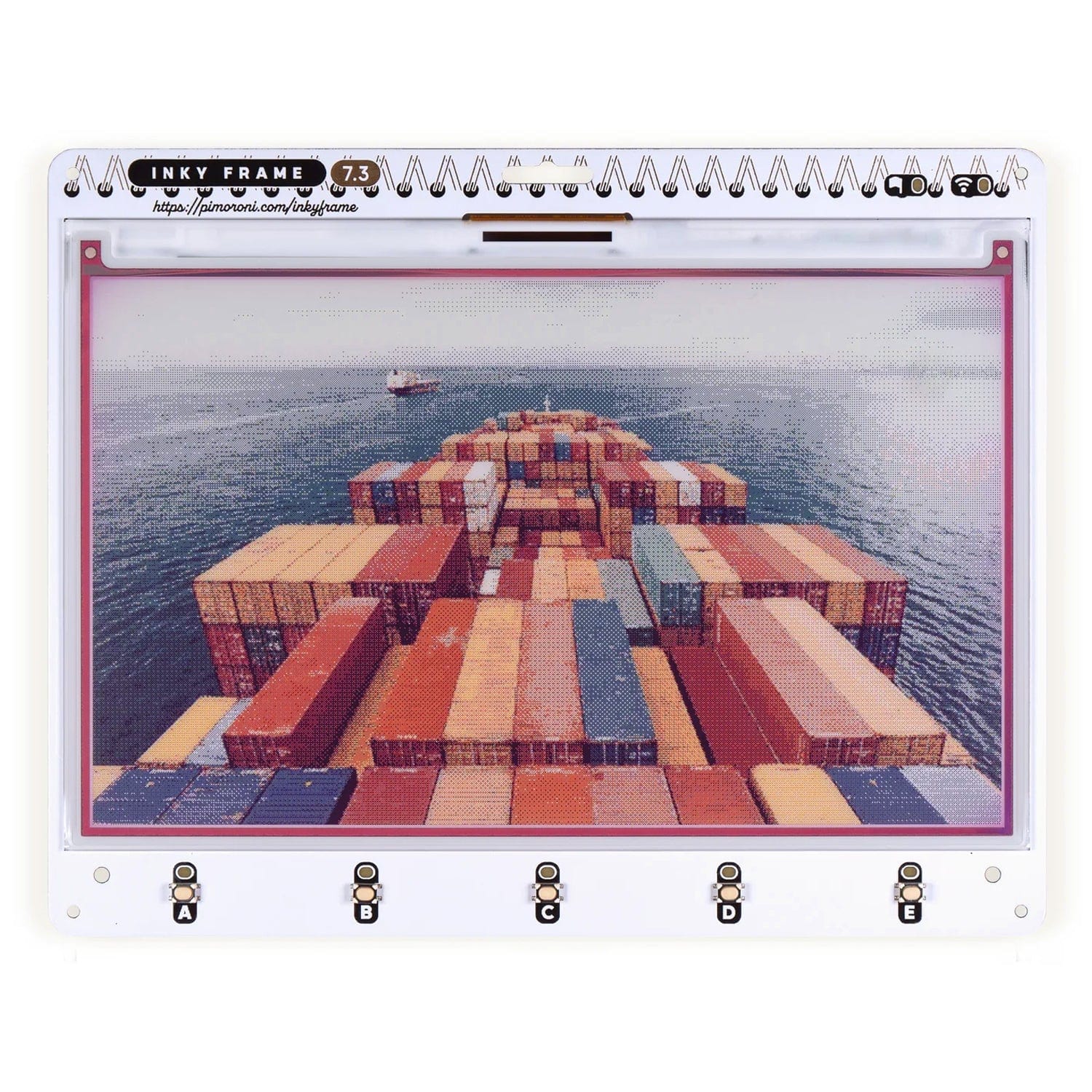



Login / Signup
Cart
Your cart is empty
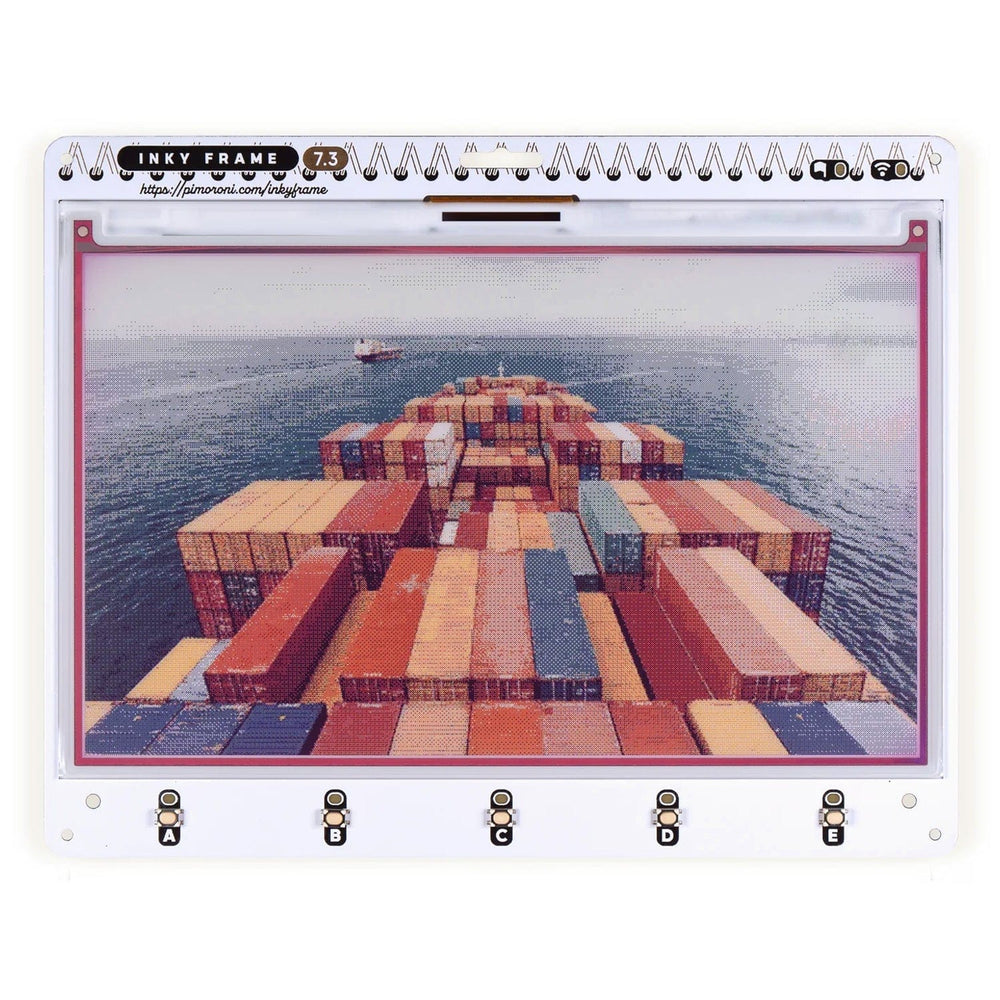
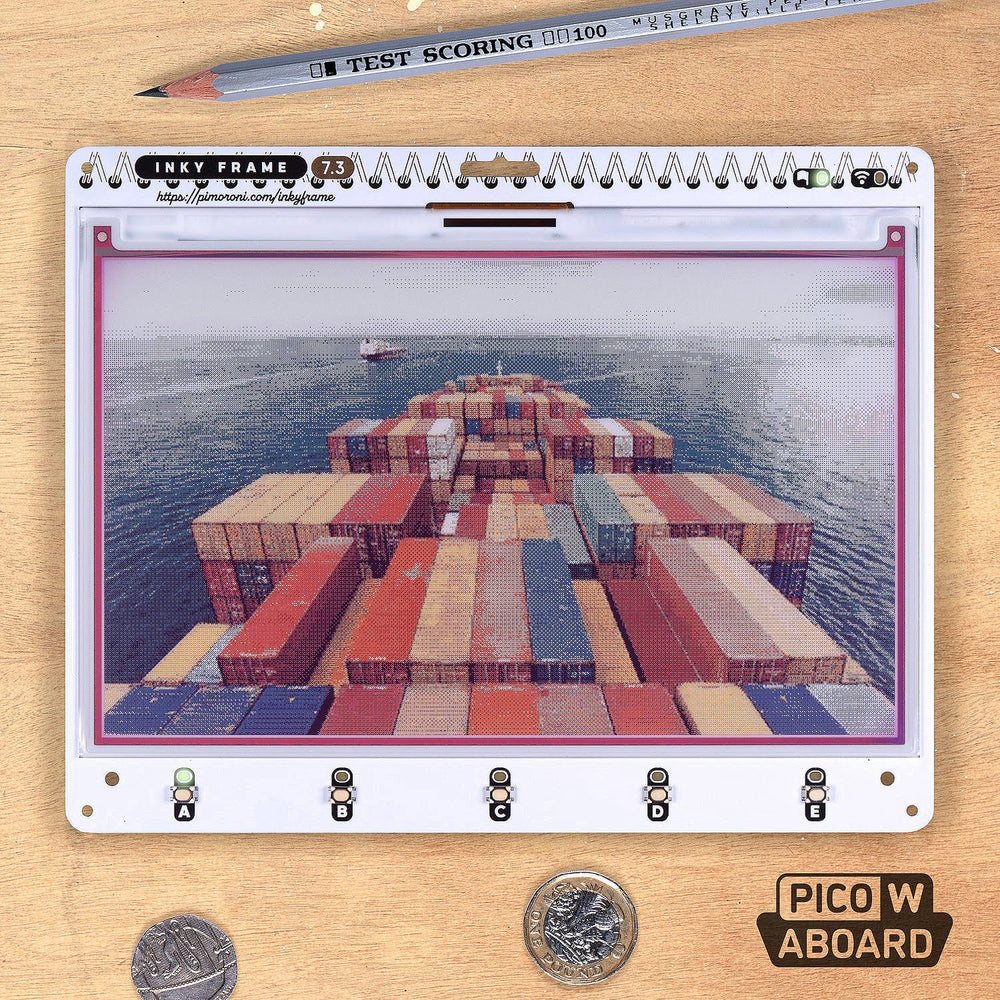
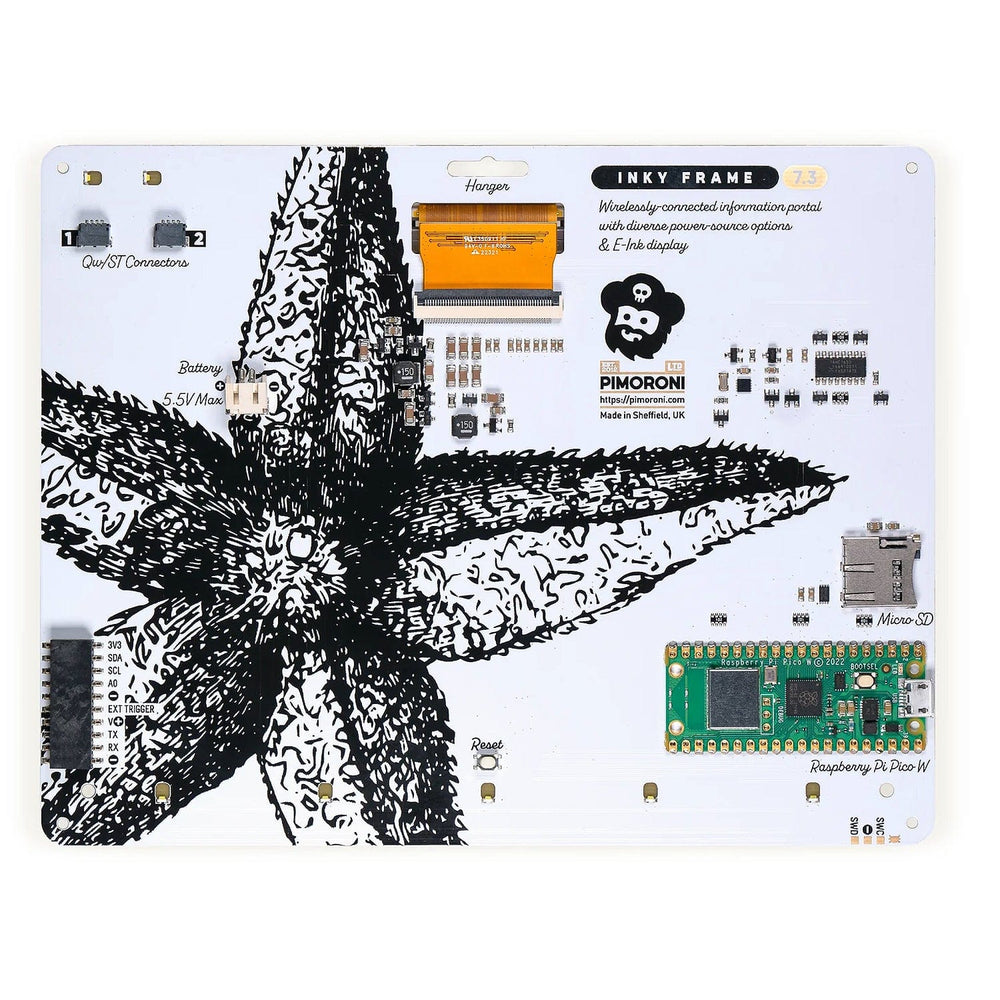

Here's a new ePaper screen in town, and it's a biggie! Inky Frame 7.3" features a super crisp E Ink display with 800 x 480 pixels of seven-colour goodness. We've added five buttons with LED indicators for interacting with the display, two Qw/ST connectors for plugging in breakouts and a micro SD card slot for storing photos of fond maritime adventures (or whatever floats your boat).
Every Inky Frame comes with a pair of sleek little metal legs so you can stand it up on your desk (and a selection of mounting holes if you'd prefer to do something else). There's also a battery connector so you can power it without annoying trailing wires, and some neato power saving features that mean you can run it from batteries for ages.
Note: Please make sure you select either the Frame Only or the Frame with Accessory Kit option before adding to the cart.
Here are some things we reckon this mahoosive Inky would be great for:
Running this size of display from a microcontroller is a challenge (even with one as awesome as Raspberry Pi Pico W). To give it a hand we've added an extra 8MB of PSRAM to this Inky Frame, so we can store the display buffer in the extra memory and free up the Pico's onboard RAM to do Pico things.
You can now set the thickness of lines and text in PicoGraphics (making vector fonts a lot more useful on a big screen). You can set up custom pen colours which dither Inky's seven primaries into (most) colours of the rainbow - this works best with blocks of colour or chunky text. We've also added some shiny new helper functions for Inky Frame to make interacting with the buttons, LEDs and RTC much more straightforward.
Multi-colour EPD displays use ingenious electrophoresis to pull coloured particles up and down on the display. The coloured particles reflect light, unlike most display types, meaning that they're easily visible under bright lights.
E-paper is also ultra-low power. It only consumes power whilst refreshing and the images on the display stick around for a really long time whilst the display is unpowered. This means these displays are perfect for powering from a battery!
It takes approximately 40 seconds to refresh this display, so it will work best in projects that don't need constant refreshing.
Our C++/MicroPython libraries include support for the Inky Frame display. You'll get the best performance using C++, but if you're a beginner we'd recommend using our batteries included MicroPython build for ease of getting started.
You can draw on the screen using our lightweight PicoGraphics library, which includes functions for displaying text, shapes and images (plus individual pixels of course), and we've provided some examples to get you started.
Inky Frame 7.3" ships pre-loaded with MicroPython and some fun examples that use the wireless capabilities of the Pico W to display interesting things. To enable Inky Frame to connect to the internet, you'll need to save a file called secrets.py to the Pico W using Thonny. It should contain the following lines:
WIFI_SSID = "your_ssid_goes_here"
WIFI_PASSWORD = "your_password_goes_here"
To return to the launcher, hold down buttons A and E and tap reset.
MicroPython
C/C++





